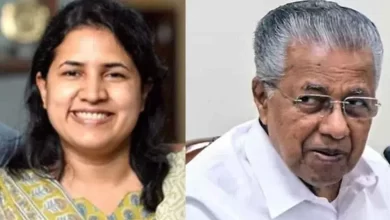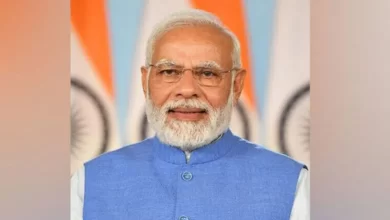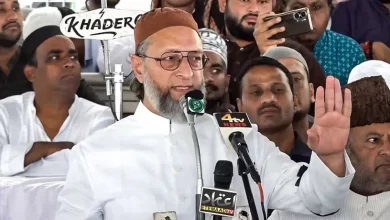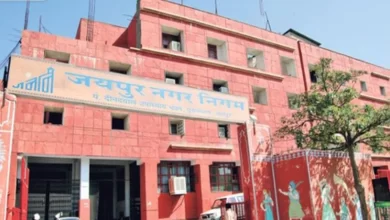Opinion: Expectations from new Chief Justice of India
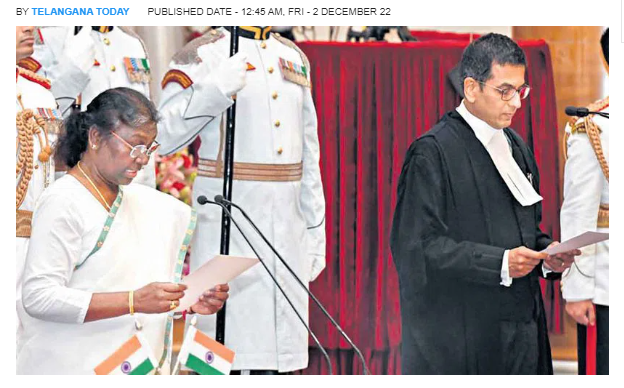
Amidst withering institutions and falling democratic standards, Justice Chandrachud’s appointment kindles a new hope.
By Nayakara Veeresha
On November 9, Dr Justice Dhananjaya Yeshwant Chandrachud took over as the 50th Chief Justice of India (CJI). Though the appointment is a usual governance business, this particular time it has assumed significance for the following reasons: he is the youngest judge to become CJI in recent times; has a considerably long tenure in the post of CJI (superannuation falls on 10 November 2024); turbulent times in terms of the role of the judiciary in democracy and the revival of Supreme Court of India’s credibility as an upholder of citizen’s rights and enabler of justice.
Understanding the political economy of the judiciary in general and the Supreme Court (SC), in particular, is critical to explore the robustness of judicial independence in a democracy. There is a sense of feeling among the legal luminaries and citizenry that the SC functioning in recent times has not been able to meet citizens’ aspirations in delivering justice.
Another worrying trend witnessed so far is the weakening of institutional checks and balances within the judiciary, more so since 2014 wherein the weakening process was catalysed. The interplay between the legislature and judiciary is complex. Delineating the dynamics behind this complexity is essential to understand the institutional interaction in a functional democracy.
The institutional decline in terms of erosion of judicial independence and autonomy of the SC is matching with that of the firm grounding of majoritarian regimes across the world, including India.
For instance, in the case of Rakesh Vaishnav & Ors. Vs union of India & Ors (2021), the SC stay order can be read as a clear encroachment of the executive domain and thereby sets a bad precedent. Seen in the context of the democratic governance framework, the stay order in this particular case augments democratic regression, thereby contributing to the corrosion of Montesquieu’s doctrine of separation of powers.
Policy Crisis
It is important to remind the fact that the Indian Constitution has adopted comparatively a relative separation of powers rather than in its strict sense as can be seen in American and Australian Constitutions. The judicial court can stay the implementation of any law only if it finds the elements of unconstitutionality at least prima facie. The democratic regression begins when the independent judiciary tilts towards judicial legislation or governance, thereby deepening what can be termed as a policy crisis or governance failure as pointed out by the top court in this case.
The law enacted by Parliament can be stayed only by Parliament by amending or repealing it. The usurpation of the judiciary over the other organs of the government is detrimental to constitutional governance. In Asif Hameed v. State of Jammu and Kashmir reported in AIR 1989 S.C. 1899, the SC observed that “although the doctrine of separation of powers has not been recognised under the Constitution in its absolute rigidity, but the Constitution makers have meticulously defined the functions of various organs of the State… No organ can usurp the functions assigned to another…The functioning of democracy depends upon the strength and independence of each of its organs…”
Crucial Period
The functioning of the new CJI in the tenure of two years involves both opportunities and challenges. Digitisation of the court proceedings, e-filing, live streaming of the constitutional bench proceedings and filling vacancies in district, high courts and the SC are some of the prospective areas where one can foresee significant improvements.
The long pending cases such as abrogation of Article 370, Citizenship Amendment Act (CAA), political defection case of Maharashtra and extending reservations beyond 10 years are politically sensitive matters and need to be seen how the new CJI steers the governance of these cases. The verdicts in these cases in some way have the potential to shape the nation’s politics as the general elections of 2024 are in line.
One of the critical cases wherein Justice Chandrachud expressed a difference of opinion is in the case of Romila Thapar & Ors vs. union of India & Ors (2018) involving the arbitrary arrests of eminent personalities. In this particular case, Justice Chandrachud urged for the setting up of a Special Investigating Team (SIT). To quote from the verdict, “I am of the view that while the investigation should not be thwarted, this is a proper case for the appointment of a Special Investigating Team. Circumstances have been drawn to our notice to cast a cloud on whether the Maharashtra police has in the present case acted as fair and impartial investigating agency”.
Aspirations of Justice
From this, it can be inferred with a considerable sense of satisfaction that attention will be given to the due process of law and the fairness of investigation in dealing with sensitive matters, especially where the fundamental rights of the citizens are involved and the political values such as liberty and freedom are at stake.
The new CJI is known for the libertarian and rights-based approach, which is critical for democratic governance. A glimpse of this can be seen in the verdicts of right to privacy, women’s reproductive rights, decriminalisation of Section 377 and adultery. The 50th CJI’s appointment is coming at this critical juncture wherein the judiciary as an organ of democracy and institutional instrument of delivering justice is being watched by the citizens of India and the world.
The institutions of governance and its withering is a larger consequence of the democratic failure of the current ruling dispensation in providing good governance to the people. Conscious and visionary leadership is the need of the hour to steer the country and to fulfil the vision of the founders of the Constitution, including the SC. Hope the new CJI provides such leadership so as to renew the citizen’s trust in the judiciary and democracy at large.

